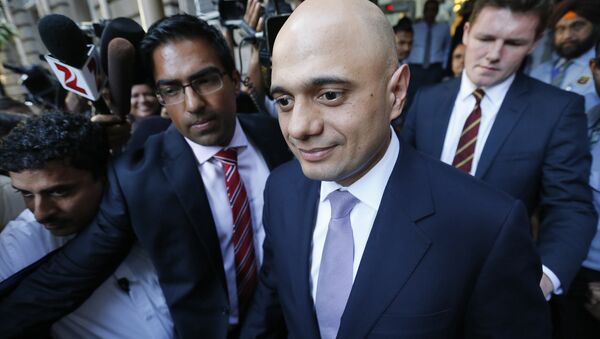Tata has said it will sell-off all its UK plants because of "deep concern the deteriorating financial performance of the UK subsidiary in the last twelve months." The company said that, while the global steel demand, especially in developed markets like Europe has remained muted following the financial crisis of 2008, trading conditions in the UK and Europe have rapidly deteriorated.
'Who would buy an industry like this now? Nobody would', says @NathanGillMEP on #tatasteel UK sites sale news https://t.co/AsJTeaIptN…
— UKIP (@UKIP) March 30, 2016
The major reasons for the conditions are due to structural factors including global oversupply of steel, significant increase in third country exports into Europe, high manufacturing costs, continued weakness in domestic market demand in steel and a volatile currency.
China's own internal demand for steel has dropped as the economy slowed, prompting the country — which tops the list of world steel production — to increase its exports — particularly to Europe, bringing calls for anti-dumping tariffs to be put in place on Chinese steel.
However, UK Prime Minister Cameron's government has continually blocked a provision in the EU — known as the "lesser duty rule" — that would allow Brussels to impose anti-dumping tariffs on imported Chinese steel.
Rebalancing
Peter Brennan, metals editor at the commodity news and price reporting agency Platts, told the BBC:
"There is global overcapacity, there is overcapacity in China, but 50% of the world's demand for steel is also in China. If we're going to get into a rebalancing situation, capacity has to be taken off line and Tata UK's steel division seems to be one of the units that will suffer."
Tata has said it will keep the plants open for a period of weeks, but not months, so UK Business Secretary Javid has little time to find a solution that protects the UK steel industry, which supplies less than one percent of global steel production.
Met with Tata Steel in India today. I'm determined to do all I can to secure a long-term viable future for UK #steel & workers 1/3
— Sajid Javid (@sajidjavid) April 6, 2016
One possible buyer is Sanjeev Gupta, who runs the metals group Liberty House. He has said there is a long-term future for UK steel, but that the blast furnace at the main plant in Port Talbot, Wales, need replacing and that productivity improvements need to be made.
No set time frame. Tata Steel will allow a reasonable period to find a buyer 3/3
— Sajid Javid (@sajidjavid) April 6, 2016
Javid's other headache is that no buyer would buy the Tata assets in the UK unless the British Government took on the burden of the company's pension fund, which has liabilities of more than US$21 billion.
He has another problem too. Any attempt to increase tariffs on imports of Chinese steel will annoy Beijing, which Javid's government is relying on to fund the next generation of nuclear powers stations in the UK.
The only hope he had Wednesday, in his meeting with Tata chairman Cyrus Mistry, is to buy himself time and see what compromises he can win — specifically a delay to the sale of the company's UK assets.
Following the meeting, he told journalists the atmosphere was "constructive and positive" and had demonstrated that Tata was a "responsible company."
While Tata's financial case for selling is huge, Javid has few bargaining chips to play. If he fails, he can say "ta-ta" to the UK steel industry.




